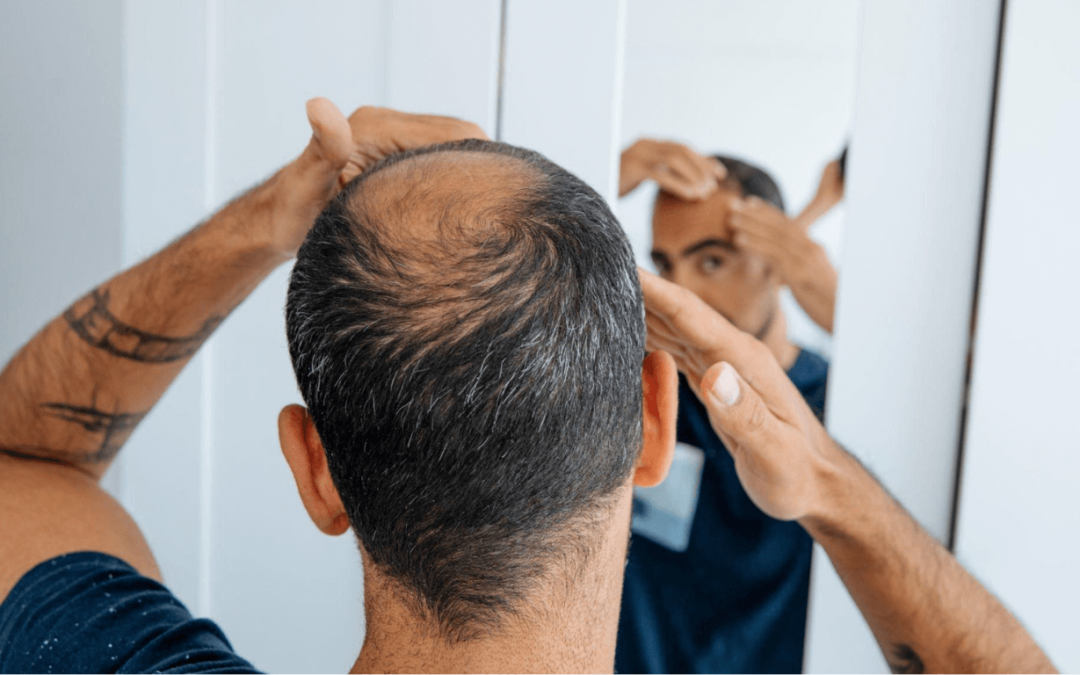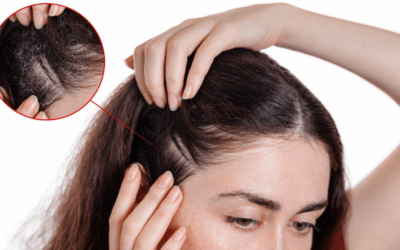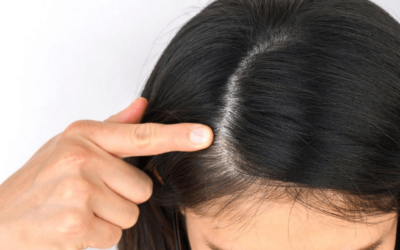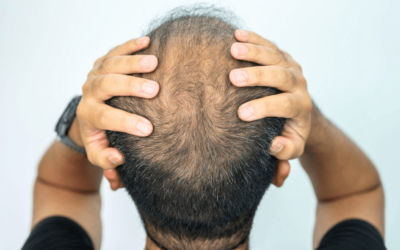A hair transplant can be a life-changing procedure, but it’s not without its challenges. One of the most common concerns post-transplant is “shock loss.”
In this comprehensive guide, we’ll delve deep into the world of hair transplants, specifically focusing on how to prevent shock loss after a hair transplant.
We’ll explore the causes, effective prevention strategies, and the importance of pre and post-operative care.
Understanding Shock Loss
Before we dive into prevention, let’s grasp the concept of shock loss: Shock loss, also known as telogen effluvium, is a temporary but common side effect of hair transplantation.
It involves the shedding of both transplanted and existing hair shortly after the procedure. This phenomenon can be alarming but is typically a natural part of the hair growth cycle.
Causes of Shock Loss
To effectively prevent shock loss, it’s crucial to understand its underlying causes:
Surgical Trauma: The very nature of a hair transplant involves making incisions and grafting hair follicles. This surgical trauma can trigger shock loss in both the transplanted and surrounding native hairs.
Temporary Disruption of the Hair Growth Cycle: The shock from surgery can disrupt the hair growth cycle, pushing hairs into the telogen (resting) phase. This leads to their shedding.
Stress and Inflammation: The body’s response to surgery, including inflammation and stress, can also contribute to shock loss.
Preventing Shock Loss: Strategies and Tips
Now that we understand the factors contributing to shock loss, let’s explore how to prevent it effectively:
Choose an Experienced Surgeon: Selecting the right surgeon is paramount. An experienced and skilled surgeon will minimize surgical trauma, reducing the risk of shock loss.
Pre-Surgery Preparation
Nutrition: Ensure you have a balanced diet rich in vitamins and minerals that support hair health, such as biotin, zinc, and vitamins A and D.
Medication: Discuss with your surgeon whether using medications like finasteride or minoxidil before the transplant can help strengthen existing hair and prevent shock loss.
Gentle Handling of Grafts: During the procedure, ensure that the grafts are handled with extreme care. This includes minimizing the time grafts are kept outside the body and reducing the trauma during graft placement.
Post-Operative Care
Medications: Follow your surgeon’s post-operative medication regimen, which may include antibiotics and anti-inflammatory drugs. These help manage inflammation and promote healing.
Hair Care: Handle your hair gently during the initial weeks after the transplant. Avoid excessive brushing, heat styling, or any actions that could stress the newly transplanted and native hairs.
Scalp Hygiene: Keep your scalp clean as per your surgeon’s instructions. Proper hygiene can prevent infection, which could exacerbate shock loss.
Stress Management: Reducing stress is vital. Engage in relaxation techniques such as meditation, yoga, or deep breathing exercises, which can help mitigate stress-induced shock loss.
Patience and Realistic Expectations: Understand that some degree of shock loss is normal and temporary. Maintaining realistic expectations can reduce anxiety and stress, contributing to a smoother recovery.
Conclusion
Preventing shock loss after a hair transplant involves a combination of careful planning, expert surgical techniques, and diligent post-operative care.
By choosing a skilled surgeon, preparing your body for surgery, and following the recommended care protocols, you can increase your chances of preserving both your transplanted and existing hair.
Remember, while shock loss can be disheartening, it’s often a temporary phase in your hair restoration journey.
With patience, self-care, and a commitment to post-operative guidelines, you can emerge from the experience with a fuller, more confident head of hair.
No two hair transplant journeys are alike, but with the right knowledge and preparation, you can navigate the process successfully, minimizing the impact of shock loss along the way.
















